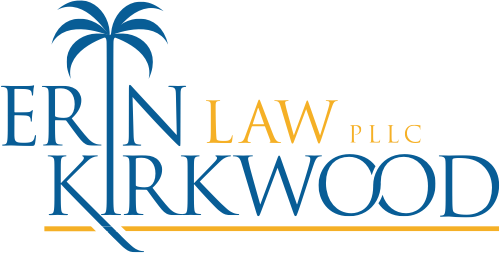One of the primary concerns in creating any estate plan is how you can set your family up financially. While this is not a fun topic, it is important to ensure that your assets pass in the way you intend. A revocable trust may play a large part in your estate plan.
There are benefits for everyone who has assets of any kind to consider a revocable trust.
What does a trust do?
A trust is a depository into which you place assets, both real and intangible, and a revocable trust allows you to access these items during your lifetime as necessary. When you establish a trust, everything you own, including your personal bank accounts, will move into the trust and out of your name, which may also decrease your tax liability.
What is the benefit of a trust?
Why would you consider moving your financial assets into a trust instead of keeping them in your name? The primary reason has to do with your estate plan because anything inside of the revocable trust bypasses probate. The facilitation of transferring property, cash and assets can now take place directly from the trust to the intended recipients. Those you love and provide for will have access to the assets without having to wade through what can often become a protracted court proceeding.
How do you set up a trust?
When you establish a revocable trust, you not only decide who will receive the contents, but you must also choose the person or persons who will oversee and administer it. Next, you set up the terms of the trust, such as when, how and to whom each of the items within it will disburse. Finally, you need to deposit your assets into the trust through legal documentation.
If you would like to open a trust, it is important to know that anyone can establish a trust at any time. It is not only for the wealthy.

